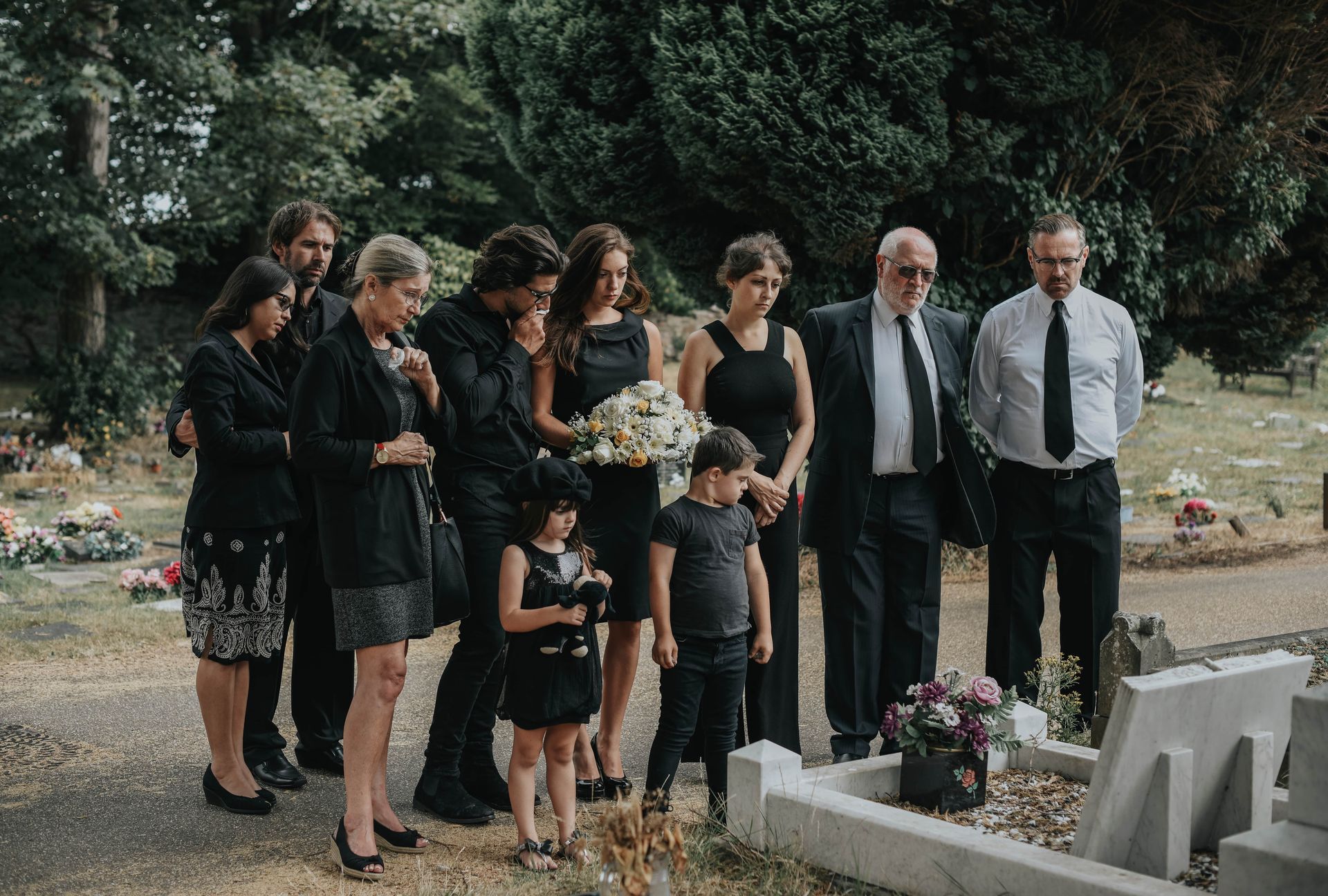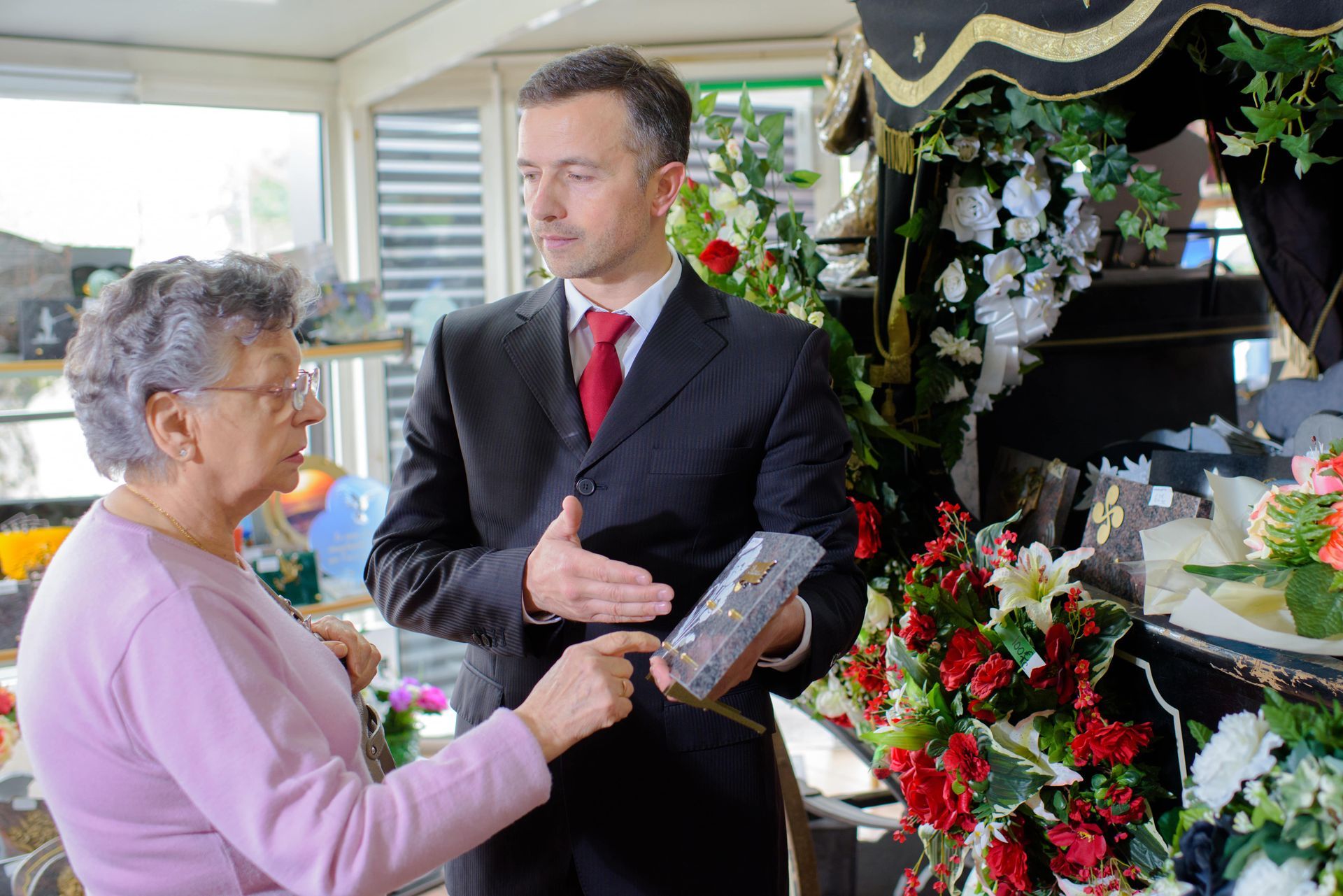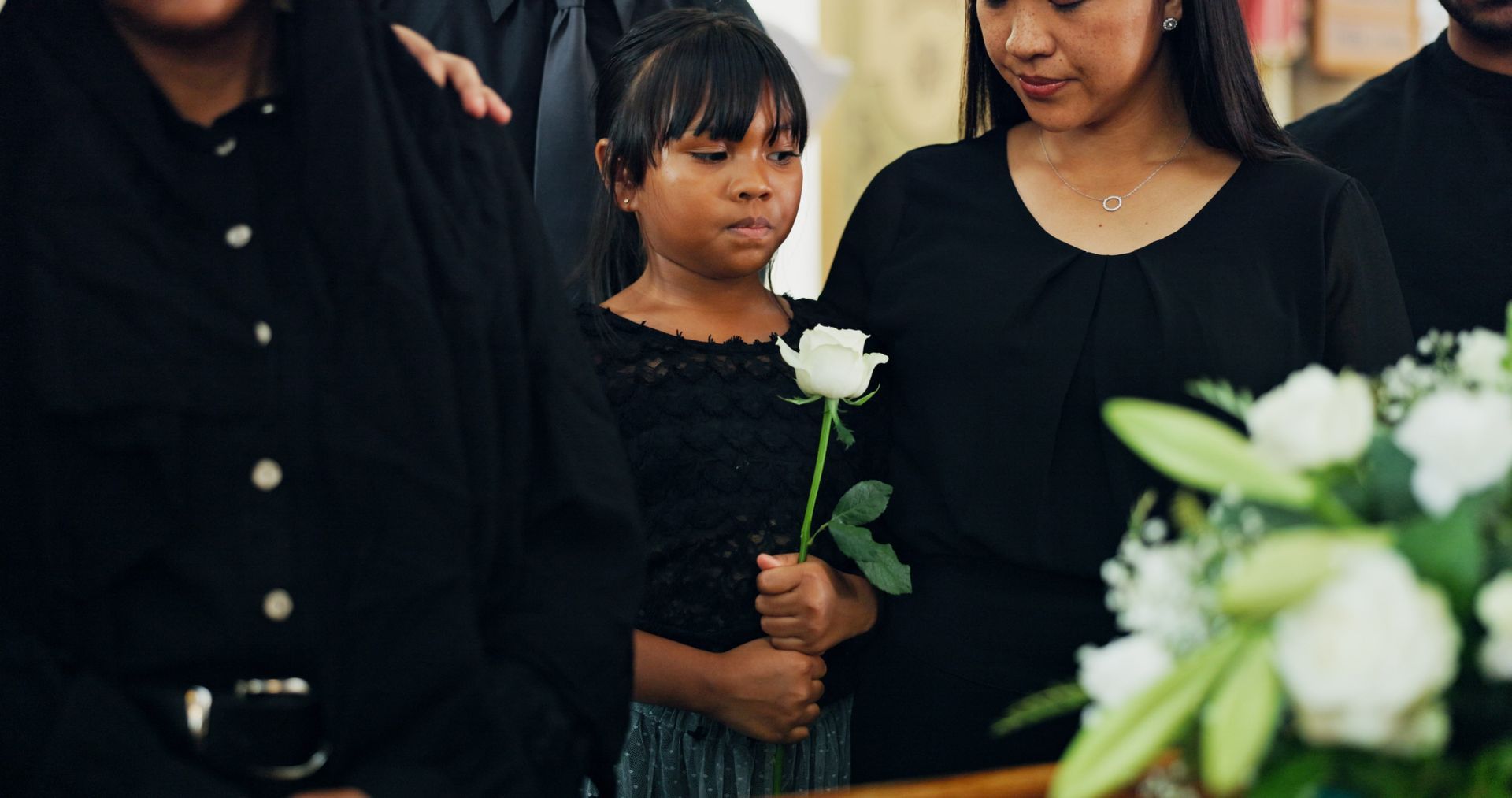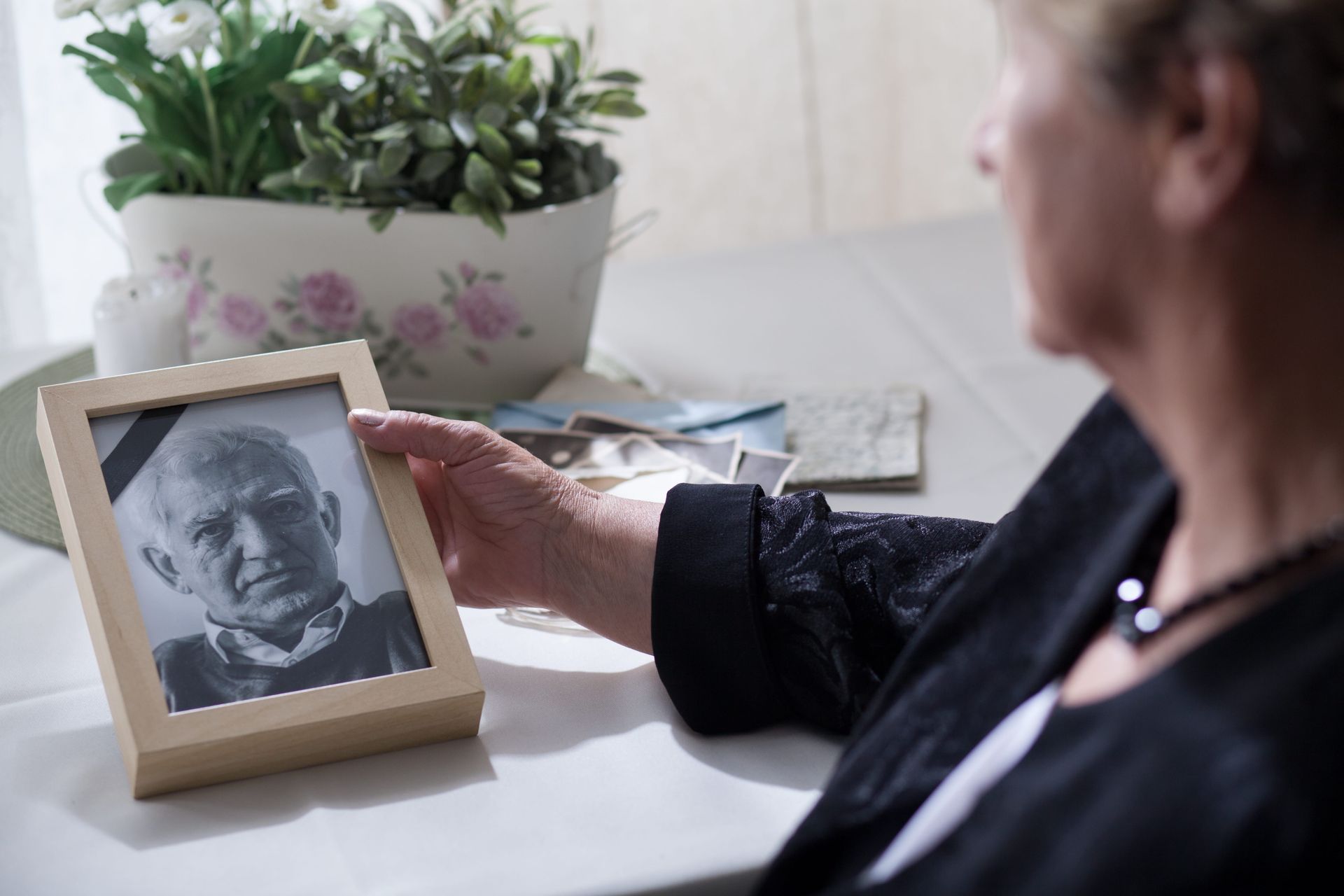Understanding Public Health Funerals
What Happens and How to Apply
Losing a loved one is always difficult, and the added burden of funeral costs can be overwhelming, especially if financial resources are limited. Public Health Funerals, often referred to as "pauper's funerals," provide a solution for those who cannot afford the expenses. This guide will answer key questions about these types of funerals, including what happens to the ashes, the application process, qualifications, and the proceedings involved.
What is a Public Health Funeral?
A Public Health Funeral, also known as a pauper's funeral, is arranged by the local council or hospital when no one is able or willing to organise and pay for the funeral of a deceased person. These funerals are basic, ensuring that the individual is laid to rest with dignity but without the additional costs associated with traditional funeral services. The provision of such funerals is mandated by the Public Health (Control of Disease) Act 1984.
Who Qualifies for a Pauper's Funeral?
A pauper's funeral is typically provided for:
- Individuals who pass away with no known relatives or friends willing to arrange a funeral.
- Deceased individuals whose families are unable to afford the cost of a funeral.
- Cases where no estate or insufficient estate exists to cover funeral expenses.
Local councils have a duty to step in and provide a funeral service in these situations.
How to Apply for a Public Health Funeral
If you find yourself needing to apply for a Public Health Funeral, follow these steps:
- Contact Your Local Council: Reach out to the environmental health department of your local council as soon as possible after the death.
- Provide Necessary Information: You will need to provide details about the deceased, including their name, date of death, and any known information about their estate or next of kin.
- Confirm Financial Status: You may be required to demonstrate that you are unable to afford the funeral costs, such as providing evidence of income or benefits received.
- Await Council Decision: The council will assess the situation and decide whether to proceed with arranging the funeral.
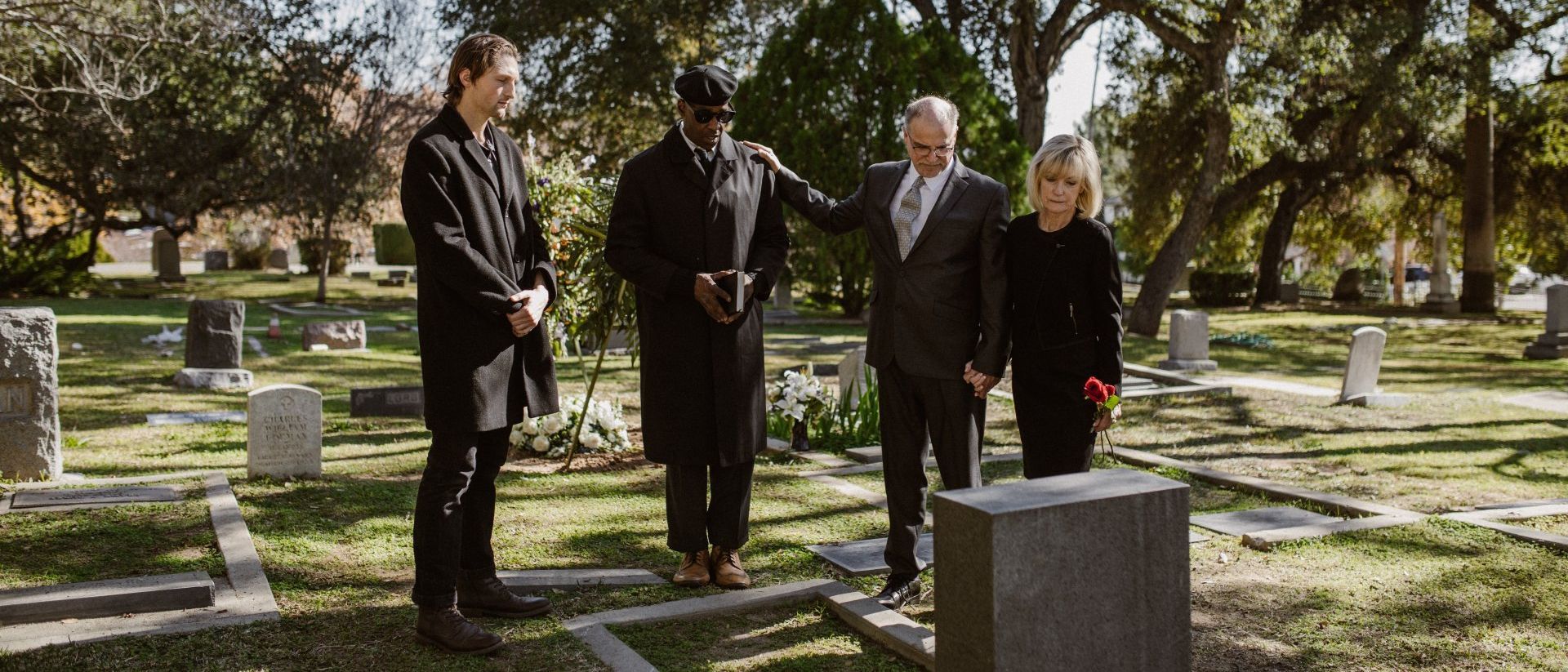
What Happens at a Pauper's Funeral?
Pauper's funerals are simple and respectful, typically including:
- Basic Coffin and Transport: A simple coffin and transportation of the body to the crematorium or cemetery.
- Cremation or Burial: The choice between cremation or burial, usually based on what is more cost-effective.
- No Service or Ceremony: These funerals generally do not include a service, minister, or ceremony unless specified by the council.
- Attendance: Family members and friends are often allowed to attend, but the arrangement is minimal.
What Happens to the Ashes After a Pauper's Funeral?
After a pauper's funeral involving cremation, the handling of ashes can vary:
- Return to Family: If the family or next of kin is identified and wishes to claim the ashes, the council may arrange for them to be collected.
- Scattering or Interment by the Council: If no family comes forward, the council may scatter the ashes in a garden of remembrance or inter them in a communal grave.
- Council's Policy: The specific handling of ashes depends on the local council's policies and procedures.
Public Health Funerals provide a necessary service to ensure that all individuals receive a dignified farewell, regardless of their financial situation. Understanding the process, qualifications, and what to expect can help alleviate some of the stress during an already challenging time. If you find yourself in need of a pauper's funeral, contact your local council to begin the application process and ensure your loved one is laid to rest with respect.
For more information or assistance, feel free to
reach out to us at F.P. Gaunt & Sons. We are here to help you navigate these difficult circumstances with compassion and understanding.

